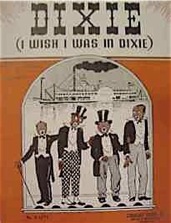





Chattahoochee Chugalug 1978
The Beta Bizarre
Boogie Band
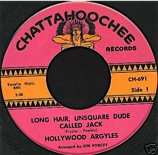

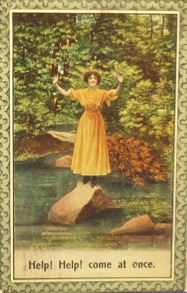


Long Hair, Unsquare Dude
Called Jack
Hollywood Argyles
Chattahoochee Records
1911 Postcard
“Cracker State” A long time nickname of Ga. The word cracker is a corruption of a common term used by anciently in Scotland to designate a certain yeomanry class of independents who were obnoxious to the aristocracy. There are also authorities who regard it as a shortened form of corncracker, which refers to the fact that cracked corn was long the chief article of food among the poor whites and hill dwellers of the south.
"Life should NOT be a journey to the grave with the intention of arriving safely in an attractive and well preserved body, but
rather to skid in sideways, chocolate in one hand, body thoroughly used
up, totally worn out and screaming "WOO HOO what a ride!"
rather to skid in sideways, chocolate in one hand, body thoroughly used
up, totally worn out and screaming "WOO HOO what a ride!"
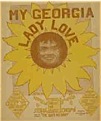
My Georgia Lady Love
by Howard & Emerson
1899 Sheet Music
Chattahoochee Red
by Max Roach
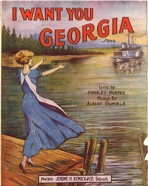
I Want You Georgia
Lyrics by-
Stanley Murphy
Music by-
Albert Gumble
1916 Sheet Music
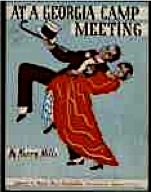 At a Georgia
At a Georgia Camp Meeting
by Kerry Mills
Sheet Music
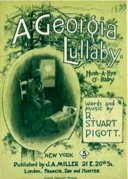
A Georgia Lullaby
by R. Stuart Pigott
1899 Sheet Music
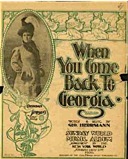 When You Come Back To Georgia
When You Come Back To Georgiaby Geo Herrmann
Sheet Music
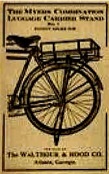 The Myers Corporation
The Myers CorporationLuggage Carriage Stand
Atlanta Ga.

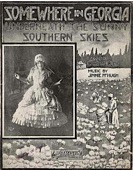
Somewhere in Georgia
Underneath the Sunny
Southern Skies
words by Gail Miller
music by Jimmie McHugh
1917 Sheet Music
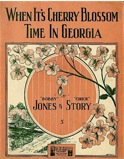
When It’s Cherry Blossom
Time In Georgia
by Bobby Jones &
Chick Story
1913 Sheet Music
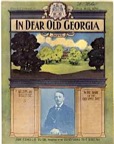
In Dear Old Georgia
by Williams &
Vanalstyne
1905 Sheet Music
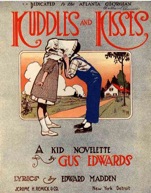 Dedicated to the
Dedicated to the Atlanta Georgian
Kuddles and Kisses
A Kid Novelette
by Gus Edwards
lyrics by Edward Madden
1912 Sheet Music
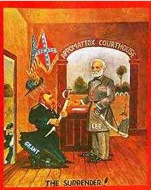
AAA Post Card from
Mammy’s Shanty
Peachtree Street
Atlanta Ga.
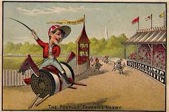
The Peoples
Favorite Hobby
Willimantic Thread
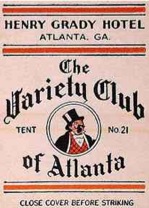
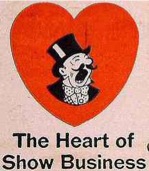
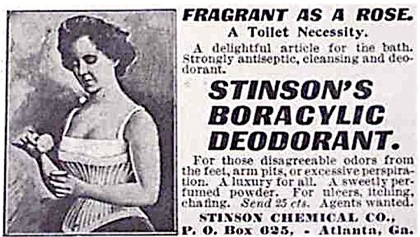



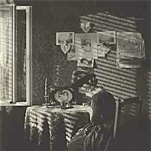
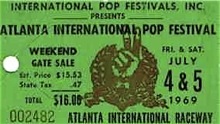
“ Music never dies,
but continues it’s journey through each of our lives.”




In Colonial America the beds were not of the box spring variety that we enjoy today. The straw mattress laid on top of a web of ropes. After some time the ropes would loosen. There was a tool - an iron type of gadget that looked somewhat like an old clothes pin but larger - which was used to tighten the ropes when they became too slack. Thus, the expression "sleep tight."
In the 1500’s, most of the houses had a thatch roof. Thatch meant thick straw, piled high with no wood underneath. Little animals would get in the thatch roof to stay warm. All the cats and dogs, mice, rats, bugs and other small animals lived in the roof. When it rained, it became slippery and wet so sometimes the animals would slip and fall off the roof... thus the saying: “It’s raining cats and dog.”
Since there was nothing to stop things from falling into the house, they would just try to clean up a lot. This posed a real problem in the bedroom, where bugs and other droppings from animals could really mess up a clean bed, so they would make beds with big posts and hang a sheet over the top, it would prevent that problem. Hence... ” 4 poster beds with canopies.”
Wealthy people a long time ago, had slate floors but in the winter they would get slippery when they would get wet. To solve this problem, they started spreading thresh on the floor to help keep their footing. As the winter wore on, they would just keep adding more thresh until when they opened the door it would start slipping outside. So they put a piece of wood at the entry way... “ a thresh hold.”

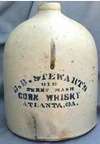
Setting a good example for children
takes all the fun out of middle age.

The easiest way for your children
to learn about money,
is for you not to have any.

Music washes away from the soul the dust of everyday life.
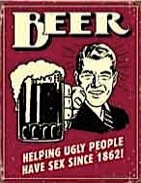


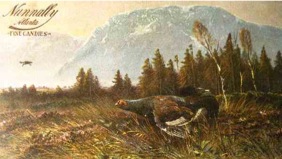
Nunnally Fine Candies -- Atlanta
From "Dear Abby"
Dear Abby: I have always wanted to have my family history traced, but I can't afford to spend a lot of money to do it. Any suggestions?
~ Sam in California ~
Dear Sam: Yes. Run for public office.
In the kitchen, they would hang a big kettle over the fire. Every day they would light the fire and start adding things to the pot. Mostly they ate vegetables and didn't get much meat. They would eat the stew for dinner, they leave the leftovers in the pot to get cold over night and then start all over the next day. Sometimes the stew would have food in it that had been in there for a month! Thus the rhyme..... "peas porridge hot, peas porridge cold, peas porridge in the pot nine days old."

"Strength does not come from winning
Your struggles develop your strength.
When you go through hardship
and decide not to surrender,
that is strength."
Your struggles develop your strength.
When you go through hardship
and decide not to surrender,
that is strength."

"If you want to be happy, set a goal that
commands your thoughts, liberates your
energy, and inspires your hopes."
- Andrew Carnegie

“ Beer is living proof that God loves us and wants us to
be happy.”
Ben Franklin




Chairs are always good to have,
so friends can sit beside you.



